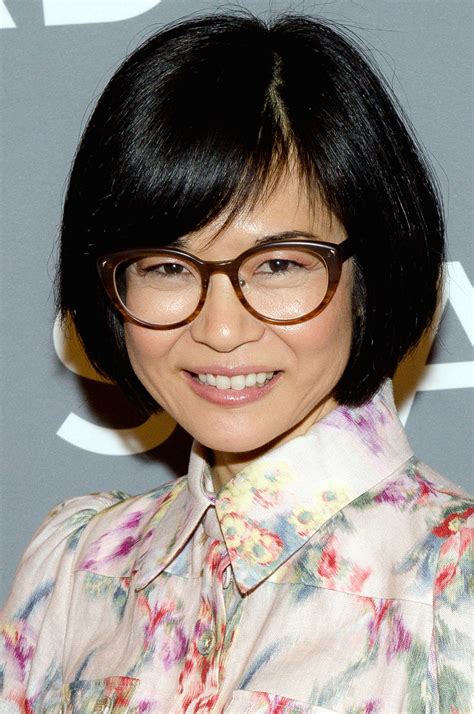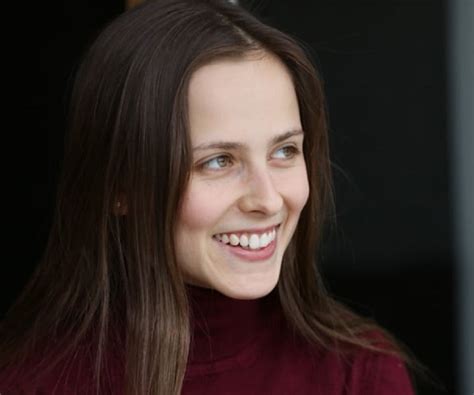A Quote by Randall Park
I majored in English with a specialization in creative writing along with Asian American Studies.
Related Quotes
Actually, I've taught creative writing in Turkey, at an English language university, where the students were native Turkish speakers, but they were writing their essays in English, and they were very interesting - even the sense of structure, the conventions of writing, the different styles of writing.
It's very difficult to be asking other people for opportunities. It is much more empowering to be creating opportunities, to be the one who is saying, 'Look, I'm going to take this from the ground up and create a story that is meaningful to me as an Asian American and cast it with Asian Americans and have Asian Americans writing it.'
Does people not asking me about Asian American literature mean they don't see it as its own literary tradition? I certainly believe in it as its own literary tradition, because your race plays a great factor in how you are seen by the world, and how you see the world; the fact that I'm an Asian American isn't incidental to who I am as a writer. Where it becomes difficult is defining what, if anything identifiable at all, makes an Asian American book an Asian American book, other than the fact of its creator being Asian. And I'd argue that there is nothing identifiable beyond that.
We're at an interesting phase of Asian and Asian-American writing, where we might succeed in having readers look at us as creative individuals who write with fury and fire about the world, and in new ways, without having them say things like "I read a really good Indian book," or "That Malaysian fellow writes very well." So I hope by identifying as Indian I can get people who don't usually read "ethnic" or "Indian" literature to read that literature and enjoy it.




































